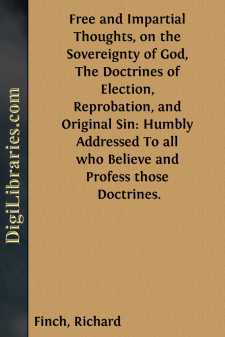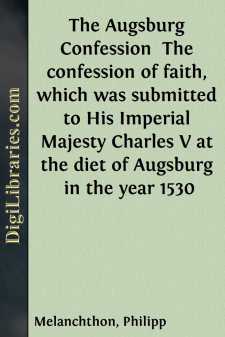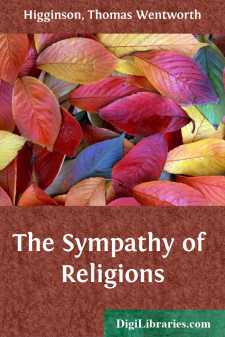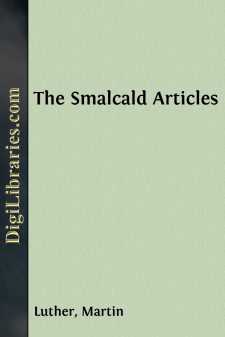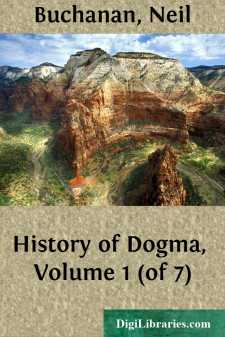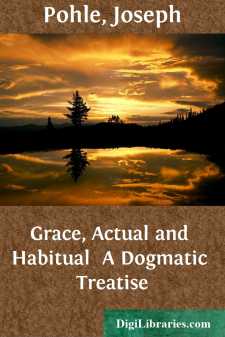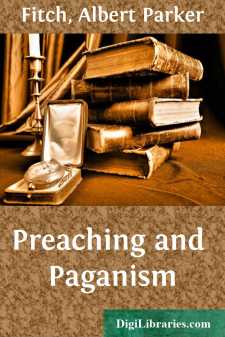Religion
- Agnosticism 2
- Antiquities & Archaeology 21
- Atheism 12
- Biblical Criticism & Interpretation 15
- Biblical Meditations 3
- Biblical Reference 1
- Biblical Studies 11
- Buddhism 8
- Christian Church 52
- Christian Education 5
- Christian Life 26
- Christianity 60
- Cults 2
- Devotional 6
- Eastern 2
- Education 4
- Eschatology 1
- Ethics 3
- General 60
- Gnosticism 1
- Hinduism 15
- History 28
- Holidays 10
- Inspirational 1
- Islam 8
- Judaism 3
- Leadership 1
- Meditations 3
- Monasticism 1
- Mysticism 11
- Philosophy 4
- Prayer 26
- Prayerbooks 5
- Religion & Science 12
- Sermons 54
- Spirituality 53
- Theism 2
- Theology
- Theosophy 15
Theology Books
Sort by:
by:
Richard Finch
I Cannot find, upon the most impartial Retrospection of the Argument, any Reason to alter my Sentiments concerning it; and as it is a Matter of the greatest Importance, ’tis hoped that those who maintain the Doctrines of Election, &c. will afford it all the Weight and Consideration it deserves. But, if there be any among them, who will hear no Reason or Argument whatever, and are sure, only...
more...
Article I: Of God. Our Churches, with common consent, do teach that the decree of the Council of Nicaea concerning the Unity of the Divine Essence and concerning the Three Persons, is true and to be believed without any doubting; that is to say, there is one Divine Essence which is called and which is God: eternal, without body, without parts, of infinite power, wisdom, and goodness, the Maker and...
more...
Our true religious life begins when we discover that there is an Inner Light, not infallible but invaluable, which “lighteth every man that cometh into the world.” Then we have something to steer by; and it is chiefly this, and not an anchor, that we need. The human soul, like any other noble vessel, was not built to be anchored, but to sail. An anchorage may, indeed, be at times a temporary need,...
more...
by:
Martin Luther
Preface of Dr. Martin Luther. Since Pope Paul III convoked a Council last year, to assemble at Mantua about Whitsuntide, and afterwards transferred it from Mantua, so that it is not yet known where he will or can fix it, and we on our part either had to expect that we would be summoned also to the Council or [to fear that we would] be condemned unsummoned, I was directed to compile and collect the...
more...
by:
Neil Buchanan
THE AUTHOR'S PREFACE TO THE ENGLISH EDITION. No theological book can obtain a place in the literature of the world unless it can be read both in German and in English. These two languages combined have taken the place of Latin in the sphere of Christian Science. I am therefore greatly pleased to learn that my "History of Dogma" has been translated into English, and I offer my warmest...
more...
by:
Joseph Pohle
Chapter I. The Nature Of Actual Grace Section 1. Definition Of Actual Grace 1. GENERAL NOTION OF GRACE.—The best way to arrive at a correct definition of actual grace is by the synthetic method. We therefore begin with the general notion of grace. Like “nature,”(3) grace (gratia, χá½±ρις) is a word of wide reach, used in a great variety of senses. Habert(4) enumerates no less than...
more...
CHAPTER ONE The first difficulty which confronts the incumbent of the Lyman Beecher Foundation, after he has accepted the appalling fact that he must hitch his modest wagon, not merely to a star, but rather to an entire constellation, is the delimitation of his subject. There are many inquiries, none of them without significance, with which he might appropriately concern himself. For not only is the...
more...


